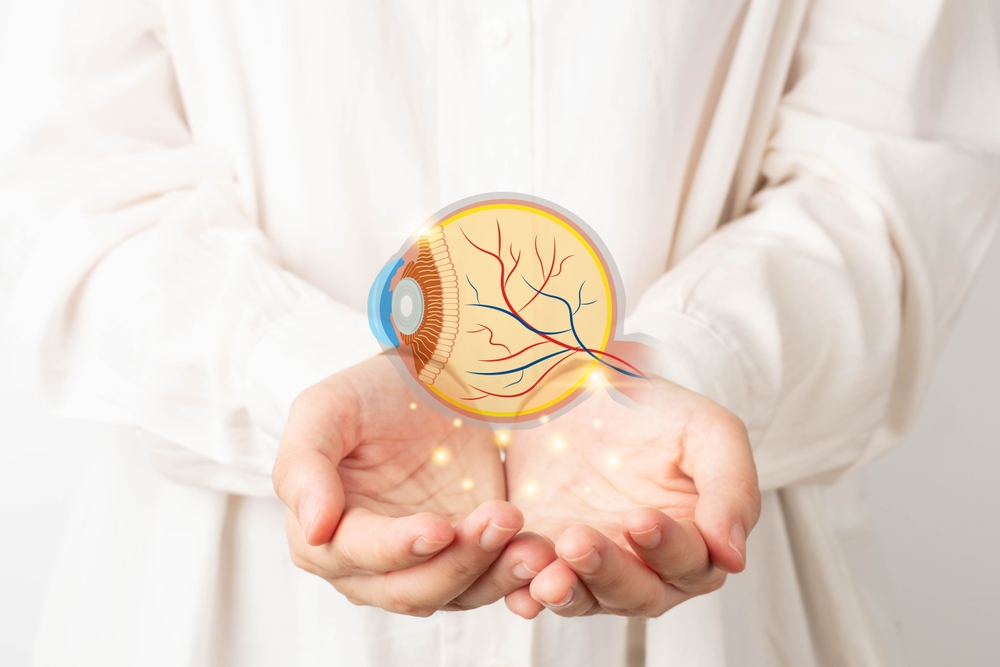
Your vision plays a vital role in your overall well-being, yet many people overlook proper eye care until problems arise. Fortunately, there are steps you can take to maintain healthy eyesight and reduce the risk of eye conditions. Here are some top tips for keeping your eyes in optimal shape.
Schedule Regular Eye Exams
Routine eye exams are essential for detecting vision problems, eye diseases, and other health concerns early. Even if you have perfect vision, an annual comprehensive eye exam can help identify underlying conditions such as glaucoma, macular degeneration, or diabetes-related eye issues before they progress.
Protect Your Eyes from UV Rays
Prolonged exposure to ultraviolet (UV) rays can contribute to cataracts, macular degeneration, and other eye conditions. Wear sunglasses with 100% UV protection whenever you are outdoors, even on cloudy days. A wide-brimmed hat can provide additional protection.
Follow the 20-20-20 Rule
If you spend extended periods in front of a computer or digital screen, you may experience digital eye strain. To reduce eye fatigue, follow the 20-20-20 rule: every 20 minutes, take a 20-second break and look at something 20 feet away. This simple habit helps relax your eye muscles and prevent strain.
Maintain a Healthy Diet
Nutrient-rich foods support good vision and eye health. Incorporate foods high in omega-3 fatty acids, lutein, zinc, and vitamins C and E, such as leafy greens, fish, nuts, and citrus fruits. A balanced diet can lower the risk of age-related eye diseases.
Stay Hydrated
Proper hydration is essential for overall health, including your eyes. Drinking enough water helps prevent dry eye syndrome, which can cause irritation, redness, and blurred vision. If you experience persistent dryness, consider using artificial tears or consulting an eye care professional.
Use Proper Lighting
Reading or working in poor lighting can strain your eyes. Ensure that your workspace is well-lit with ambient lighting that minimizes glare. Position your screens so that they are at eye level and reduce excessive brightness to ease eye strain.
Practice Good Contact Lens Hygiene
If you wear contact lenses, follow proper hygiene guidelines to reduce the risk of infections. Wash your hands before handling your lenses, clean them as directed, and avoid sleeping in them unless prescribed by your eye doctor.
Get Enough Sleep
Your eyes need adequate rest to recover from daily strain. Lack of sleep can lead to dryness, redness, and discomfort. Aim for at least seven to eight hours of quality sleep each night to keep your eyes refreshed and functioning properly.
Be Mindful of Eye Makeup
If you wear eye makeup, replace mascara and eyeliner regularly to prevent bacterial buildup. Remove makeup before bedtime and avoid sharing cosmetic products to reduce the risk of eye infections.
Schedule Your Eye Exam Today
Taking proactive steps to care for your eyes can preserve your vision and prevent future complications. From scheduling regular exams to maintaining a balanced diet, these small but impactful habits contribute to long-term eye health.
Schedule a comprehensive eye exam with Westchester Eyes to assess your eye health and address any concerns. Contact our offices in Yonkers, White Plains, or Pleasantville, New York, by calling (914) 586-EYES (3937) and take the first step toward optimal vision care.









